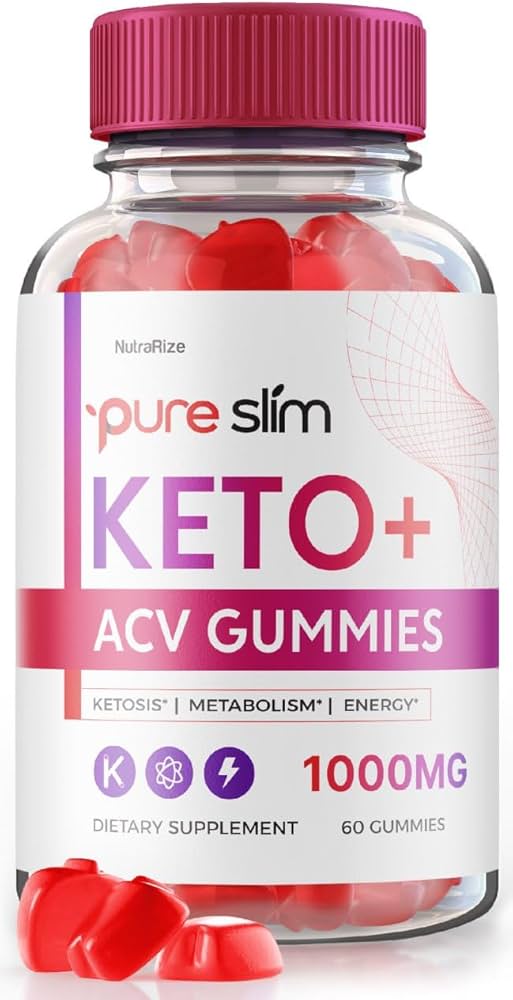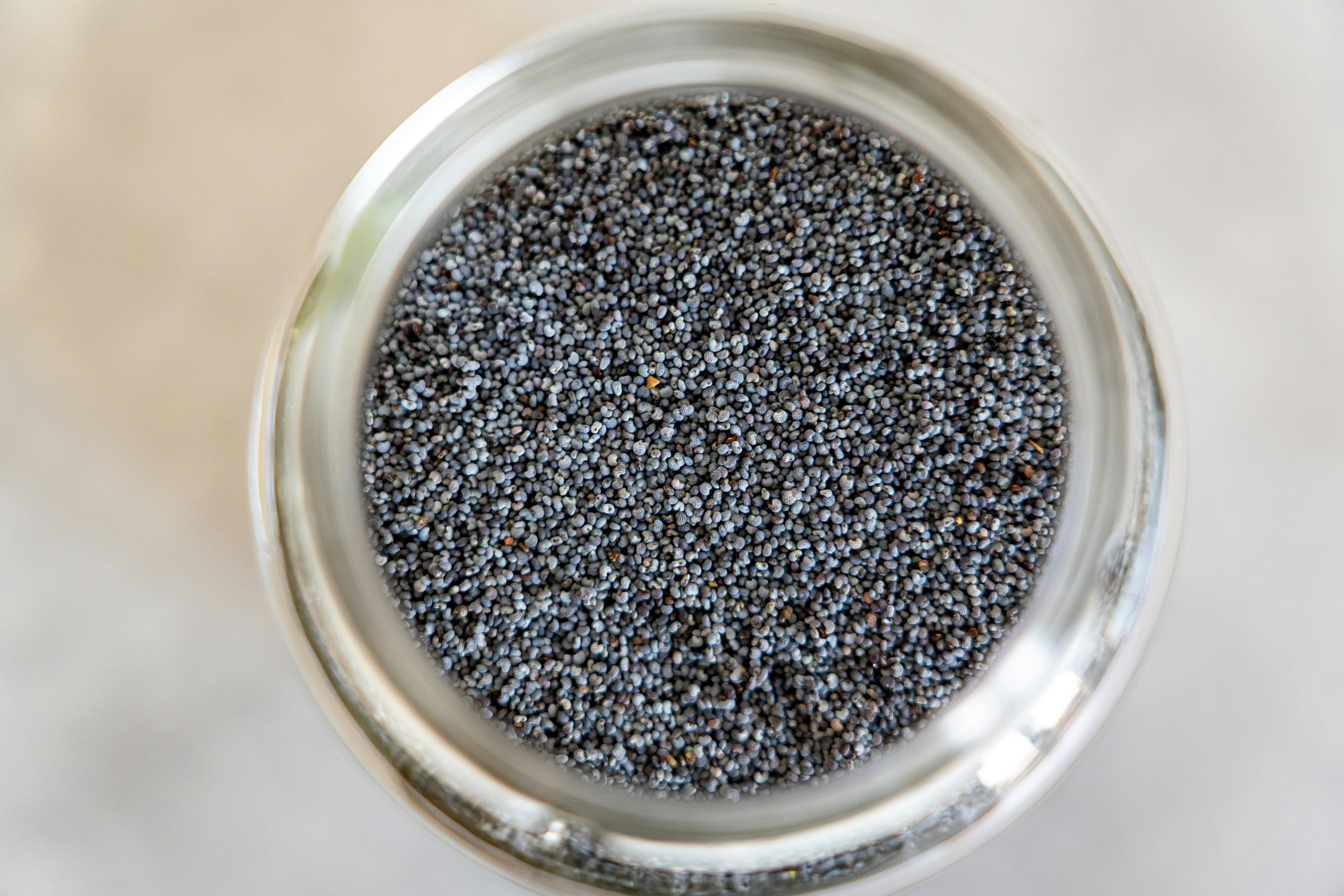
Apply Now


Practical Guide to Metabolic Meals: Optimize Your Nutrition in 2025
Introduction to Metabolic Meals
Metabolic meals are designed to enhance your metabolism, improve energy levels, and support overall health. As we move into 2025, the focus on nutrition that boosts metabolism is more relevant than ever. In a world filled with quick fixes and fad diets, understanding metabolic meals can lead to long-term health benefits and effective weight management. The benefits of optimizing your nutrition extend beyond weight control; they can improve mood, increase energy, and enhance cognitive functions. By integrating metabolism-boosting foods and balanced diet strategies, it’s possible to create meals that not only nourish but also energize your body throughout the day. This guide will explore practical strategies for meal planning tailored for metabolic health, including high metabolism meals, quick recipes, and fueling snacks. Whether you are looking to increase your metabolic rate through specific food choices or develop a structured meal prep routine, this article will provide the necessary insights to get started. Key takeaways include effective meal planning for metabolism, understanding the importance of nutrient timing, and incorporating superfoods into your daily diet. The journey to optimizing your nutrition starts here!Complete Overview of Metabolism and Its Importance
Understanding Metabolism Fundamentals
Metabolism is the body’s complex system of converting food into energy. It involves a series of biochemical processes that break down nutrients and utilize energy efficiently. Understanding the fundamentals of metabolism is crucial for anyone looking to enhance their metabolic health through diet. Factors such as age, gender, muscle mass, and activity level can all influence metabolic rate. The significance of maintaining a healthy metabolism cannot be understated; it impacts energy levels, weight management, and even mental health. Certain foods can stimulate metabolic processes, leading to increased energy expenditure and improved overall health. Therefore, knowing which foods to incorporate into your meals is vital.Key Components of Healthy Metabolism
Healthy metabolism consists of several components, including balanced macronutrient intake, hydration, and meal frequency. A well-rounded diet comprising proteins, fats, and carbohydrates plays a crucial role in optimizing metabolic processes. - **Protein** is essential for building muscle, which burns more calories than fat at rest. Incorporating protein-rich meals can effectively boost your metabolic rate. - **Healthy fats**, particularly omega-3 fatty acids from sources like flaxseed, are also beneficial for metabolic health. - **Carbohydrates**, especially fiber-rich options, promote digestive health and stabilize blood sugar levels, further supporting metabolic efficiency. By understanding these components, you can design meals that align with your metabolic health goals.The Role of Nutrients in Metabolic Function
Nutrient timing, the practice of consuming specific nutrients at particular times, can significantly impact your metabolism. Incorporating metabolism-friendly ingredients at appropriate intervals enhances energy expenditure and nutrient utilization. For example, eating high-fiber foods mid-morning can keep your energy levels stable throughout the day. Furthermore, incorporating antioxidants from fresh fruits and vegetables can combat oxidative stress, which negatively impacts metabolic function. Studies have shown that antioxidant-rich diets correlate with improved metabolic health, reinforcing the intricate relationship between nutrition and metabolism. Building on these fundamentals, let’s explore practical strategies for meal planning targeted at boosting metabolism.Meal Planning Strategies for Metabolism Boost
Creating a Balanced Diet for Metabolic Health
A balanced diet for metabolism should emphasize whole foods that provide essential nutrients while avoiding highly processed items that can hinder metabolic function. When planning your meals, prioritize the following components: - **Lean Proteins**: Chicken, fish, legumes, and plant-based proteins should be staples in your diet. They help maintain muscle mass while boosting metabolism. - **Metabolism-Boosting Foods**: Include items like green tea, which is known for its potential to enhance metabolism, and spices like cayenne pepper, which can increase calorie burn. - **Healthy Carbohydrates**: Opt for complex carbohydrates like whole grains and legumes that provide fiber and energy without causing spikes in blood sugar levels. By creating meals with these components, you can develop a plan that supports energy levels, metabolism, and overall health.Meal Prep for Efficient Metabolism
Meal prep is pivotal for maintaining a metabolism-friendly diet. Preparing meals ahead of time allows you to control ingredients and portions, ensuring that your meals are nutrient-dense and aligned with your health goals. Start by selecting recipes that incorporate a variety of metabolism-enhancing ingredients, such as: - **Flaxseed and Metabolism**: Flaxseed is high in omega-3 fatty acids and fiber, which can help regulate blood sugar levels and boost metabolic health. - **Protein-Rich Meals**: Dishes that include rich protein sources like quinoa bowls, grilled chicken salads, or lentil soups are not only satisfying but also help to keep your metabolism active. - **Quick Recipe Ideas**: Look for recipes that can easily be multiplied for batch cooking, such as stir-fries and casseroles that retain their flavor and nutritional value when reheated. Planning meals in advance reduces the temptation to reach for unhealthy snacks and simplifies the process of maintaining a balanced diet.Foods to Avoid for Healthy Metabolism
While certain foods can enhance metabolism, others can impair metabolic function. Avoiding processed foods, sugary drinks, and excessively fatty snacks is essential for supporting a healthy metabolism. - **Sugary Snacks**: Foods high in sugar can lead to insulin resistance and hinder metabolism. - **Refined Carbohydrates**: White bread and pastries may cause blood sugar spikes, which negatively affect energy levels and fat storage. - **High-Fat Processed Foods**: These can lead to inflammation, impacting various metabolic functions. Understanding what to avoid is just as crucial as knowing what to include, ensuring you maintain a healthy metabolic state.
Metabolic Meal Ideas and Recipes
Easy Metabolic Meals for Busy Lifestyles
For those with hectic schedules, easy metabolic meals that require minimal preparation are ideal. Here are some quick, nutritious meal ideas that enhance metabolism: 1. **Overnight Oats**: Combine oats, chia seeds, and Greek yogurt for a fiber- and protein-packed breakfast. Top with berries to boost antioxidant intake. 2. **Quinoa Salad**: Mix cooked quinoa with spinach, cherry tomatoes, and grilled chicken for a filling, nutrient-dense meal that supports muscle maintenance and energy levels. 3. **Smoothie Bowls**: Blend spinach, banana, and protein powder, topped with nuts and seeds for a refreshing meal high in vitamins, minerals, and healthy fats. These meals can be prepared in advance, allowing for nutritious eating throughout your week without excess effort.Healthy Snacks for Metabolic Health
Healthy snacking plays an essential role in maintaining metabolic function and energy levels. Opt for metabolism-enhancing snacks such as: - **Nuts and Seeds**: Almonds and pumpkin seeds provide healthy fats and protein to help sustain energy. - **Greek Yogurt**: This is not only high in protein but also contains probiotics that support gut health, further improving metabolic efficiency. - **Fresh Fruits**: Berries and apples are high in fiber and antioxidants, making them perfect for a quick, healthy snack. Incorporating these snacks into your daily routine can help keep your metabolism active, ultimately supporting your overall health goals.Detox Meals for Metabolism Enhancement
Detox meals can also contribute to metabolic health. Meals rich in fiber, antioxidants, and hydrating ingredients help cleanse the body and support metabolic processes. Consider options like: - **Vegetable Soups**: Packed with greens and legumes, these can provide a low-calorie, nutrient-rich lunch or dinner option. - **Green Smoothies**: Use spinach, kale, and celery blended with fruit for a refreshing drink that floods your body with nutrients and hydration. - **Herbal Teas**: Including teas like green tea can provide antioxidants that help improve metabolism and support detoxification. These detox meals, coupled with a balanced approach to nutrients, can enhance your metabolism and overall well-being.Key Tips for Optimizing Your Metabolic Meal Strategy
Understanding the Effect of Meal Timing on Metabolism
Meal timing can significantly affect metabolism. Eating regularly and incorporating snacks can help keep your metabolism active by preventing spikes and drops in blood sugar levels. - **Frequent Meals**: Consider eating smaller meals more frequently to maintain energy levels and support metabolic processes. This approach can help in preventing overeating and help regulate appetite. - **Timing of Carbohydrates**: Consuming carbohydrates around workout times can enhance energy utilization and glycogen replenishment, making your meals more metabolism-friendly. Implementing these timing strategies can lead to improved metabolic health and overall energy efficiency.The Importance of Hydration for Metabolic Health
Hydration is a fundamental component of metabolic health that is often overlooked. Adequate water intake supports metabolic processes by ensuring the efficient transportation of nutrients and the elimination of waste. - **How Much Water?**: General recommendations suggest aiming for at least eight 8-ounce glasses of water daily, but individual needs may vary based on activity level and environmental conditions. - **Hydrating Foods**: Incorporating hydrating foods such as cucumber, watermelon, and oranges can aid in water intake while providing essential nutrients. By focusing on hydration, you can further enhance your metabolic health and support efficient energy utilization.Implementing a Metabolic Health Lifestyle
Integrating a metabolic health lifestyle involves more than just meal planning; it requires a holistic approach that includes physical activity, stress management, and lifestyle modifications. - **Regular Exercise**: Engaging in a blend of cardio and strength training can significantly boost your metabolic rate. Aim to incorporate physical activities that you enjoy to maintain motivation. - **Stress Management**: High-stress levels can negatively affect metabolism. Practices such as mindfulness, yoga, or meditation can help mitigate stress and its impact on metabolic function. Establishing these habits alongside your meal strategies ensures a comprehensive approach to optimizing your metabolic health.